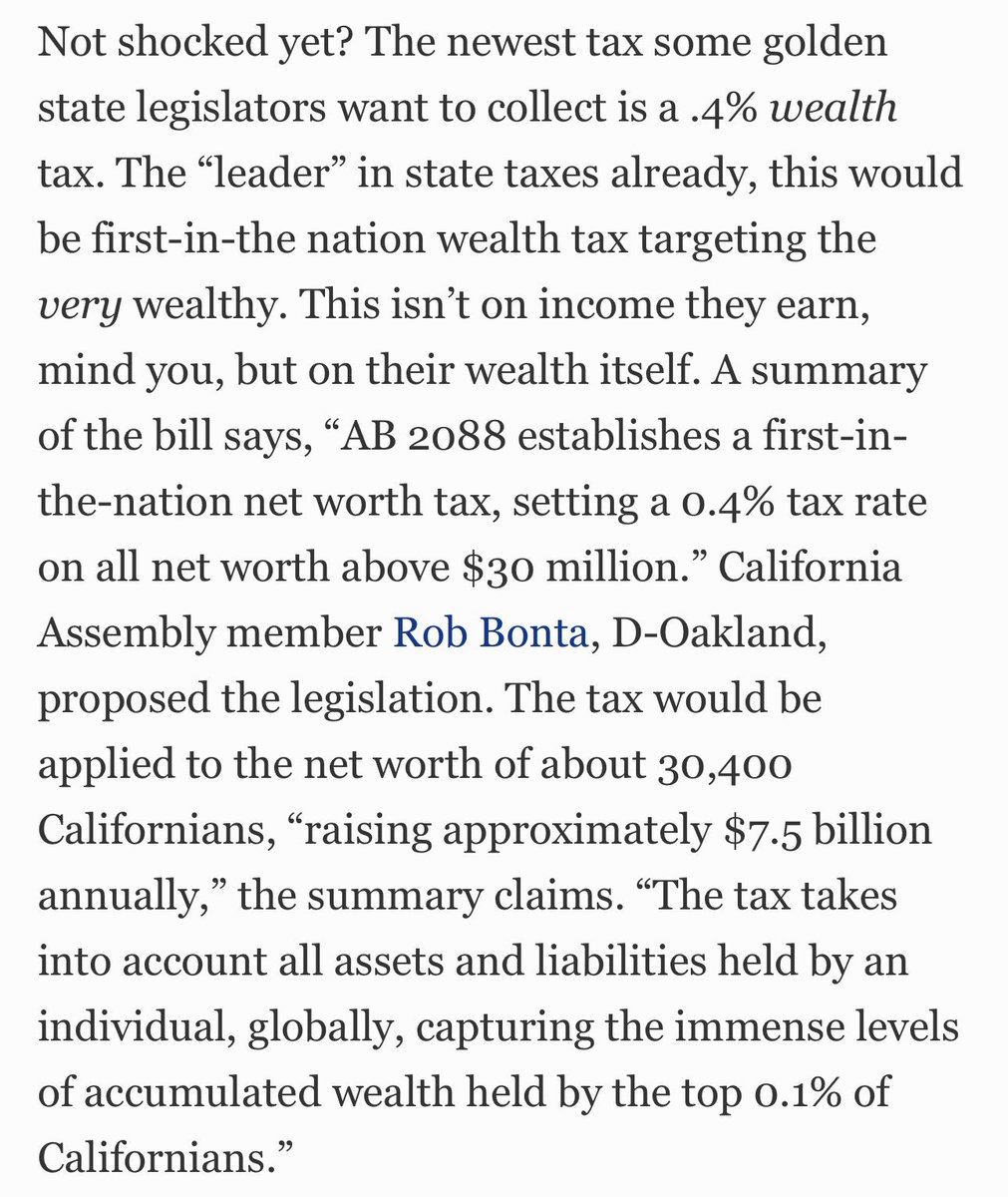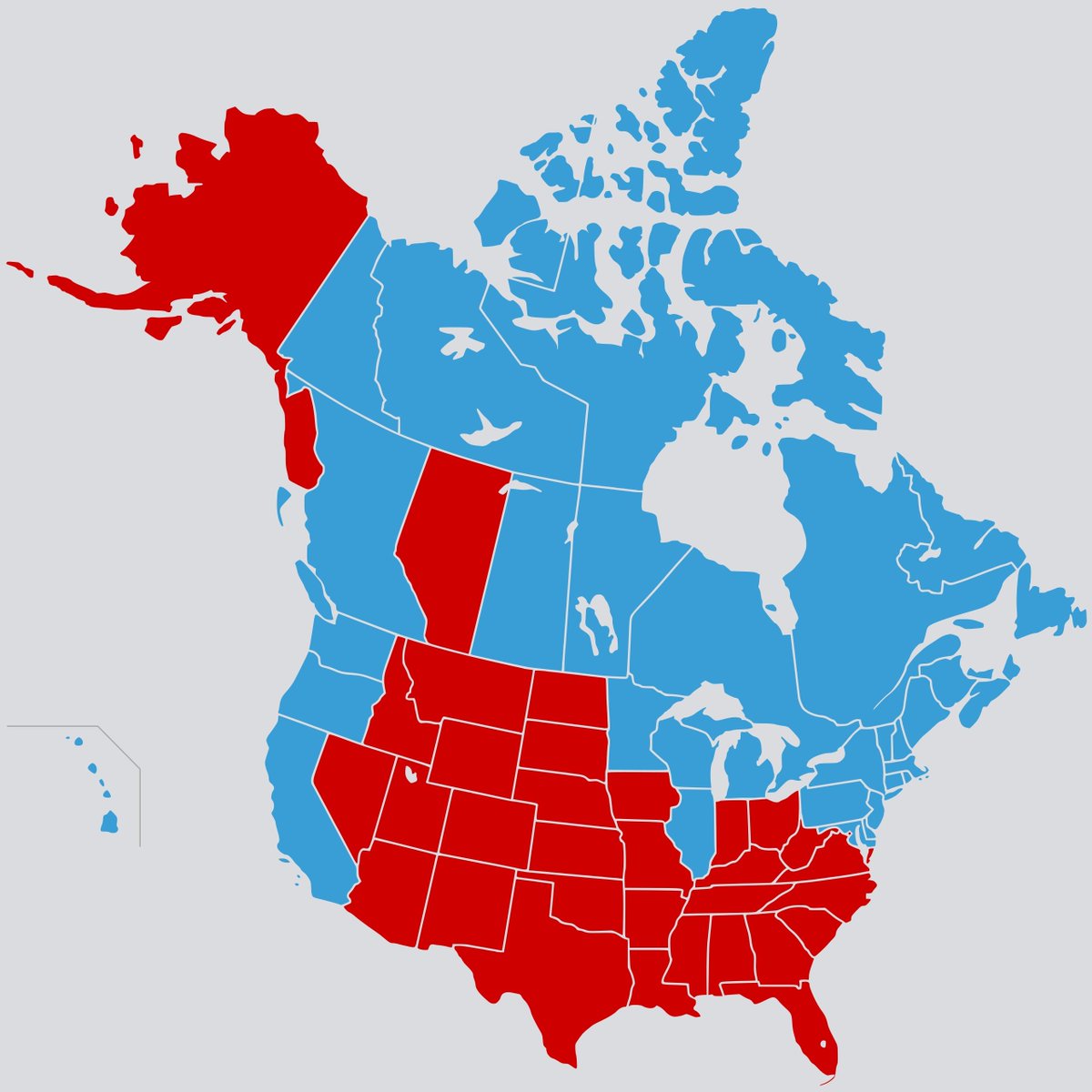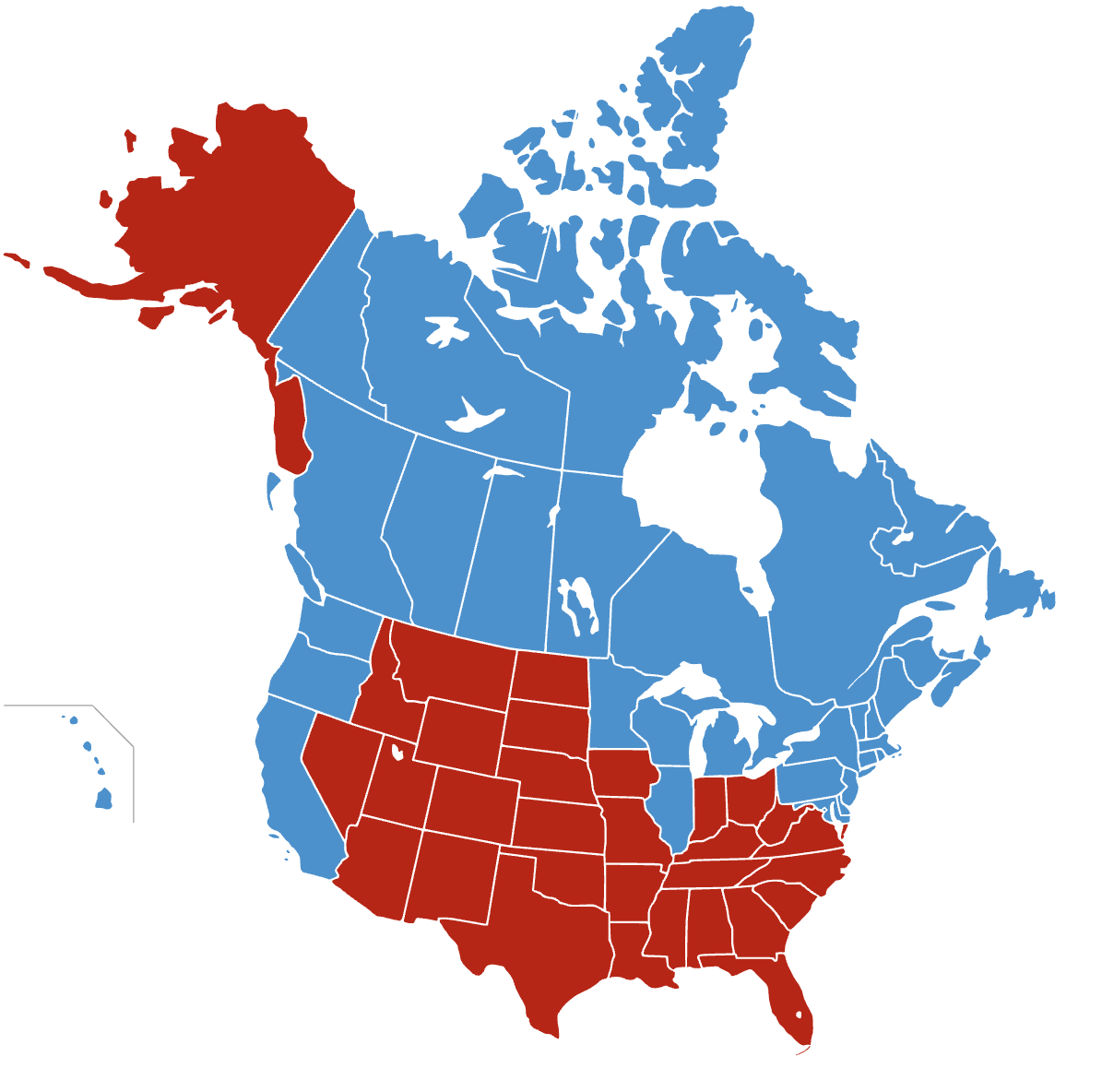Many Republicans want to beat American Democrats in a fight for domestic control, and then beat Chinese Communists in a fight for global control.
But step one is to run the numbers to see what they actually run.
It's 22 state governments vs Dem 17. And the court. Not much else.
But step one is to run the numbers to see what they actually run.
It's 22 state governments vs Dem 17. And the court. Not much else.

The greatest strength comes from understanding your own weakness.
The graphs above suggest that Republicans will find it incredibly difficult to win a national battle for control of the US in 2024. Because it's not just about the elections, it's about the institutions.
Moreover, even if a Republican *could* recapture the presidency, they'd be stuck with the flaming bag of dog poop that is DC's financial position — $33T+ of debt and counting[1]. And you actually don't want to be at the helm when this thing crashes.[2]
So, if Republicans were smart, they'd understand what areas they're strong on, and focus there, rather than putting all their hopes on Hail Mary passes for national control.
What are those areas?
1) State governments, esp FL and TX
2) The Supreme Court, for now
3) Twitter/X, because they can speak freely
4) Bitcoin, because it's stronger than the Fed
5) Exit, because it's still legal to move
So, let's suppose you're a Republican truly committed to the long-term turnaround of America, and you understand how bad the financial situation is.
You should move to a red state, buy Bitcoin and self-custody it, tweet to get others to move there with you, build a local community, and work with state-level Republican politicians to pass pro-speech, anti-CBDC, and anti-Bitcoin-seizure bills.
Also get together a state guard modeled after what DeSantis has done with the Florida State Guard[3], to preserve order if and when a 2008-level+ event occurs[4].
You're not going to suddenly turn things around in this cycle. And you don't even want responsibility for this mess right now. Just get back to basics, focusing on asset, family, and territory protection.
Then start the generational rebuild[5] after the crash.
[1]:
[2]:
[3]:
[4]:
[5]:
The graphs above suggest that Republicans will find it incredibly difficult to win a national battle for control of the US in 2024. Because it's not just about the elections, it's about the institutions.
Moreover, even if a Republican *could* recapture the presidency, they'd be stuck with the flaming bag of dog poop that is DC's financial position — $33T+ of debt and counting[1]. And you actually don't want to be at the helm when this thing crashes.[2]
So, if Republicans were smart, they'd understand what areas they're strong on, and focus there, rather than putting all their hopes on Hail Mary passes for national control.
What are those areas?
1) State governments, esp FL and TX
2) The Supreme Court, for now
3) Twitter/X, because they can speak freely
4) Bitcoin, because it's stronger than the Fed
5) Exit, because it's still legal to move
So, let's suppose you're a Republican truly committed to the long-term turnaround of America, and you understand how bad the financial situation is.
You should move to a red state, buy Bitcoin and self-custody it, tweet to get others to move there with you, build a local community, and work with state-level Republican politicians to pass pro-speech, anti-CBDC, and anti-Bitcoin-seizure bills.
Also get together a state guard modeled after what DeSantis has done with the Florida State Guard[3], to preserve order if and when a 2008-level+ event occurs[4].
You're not going to suddenly turn things around in this cycle. And you don't even want responsibility for this mess right now. Just get back to basics, focusing on asset, family, and territory protection.
Then start the generational rebuild[5] after the crash.
[1]:
[2]:
[3]:
[4]:
[5]:
• • •
Missing some Tweet in this thread? You can try to
force a refresh





















